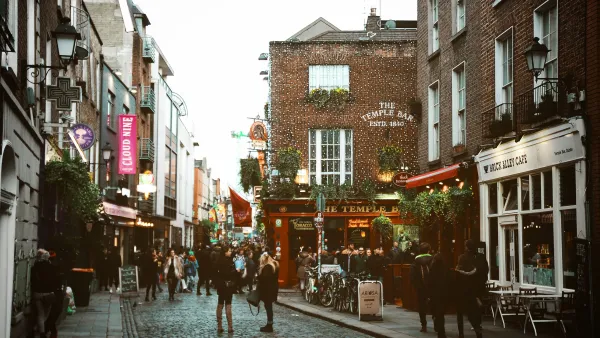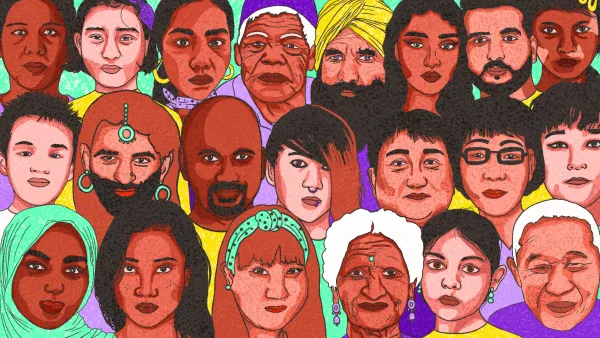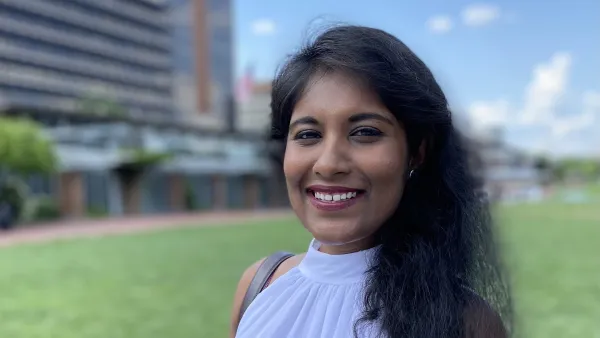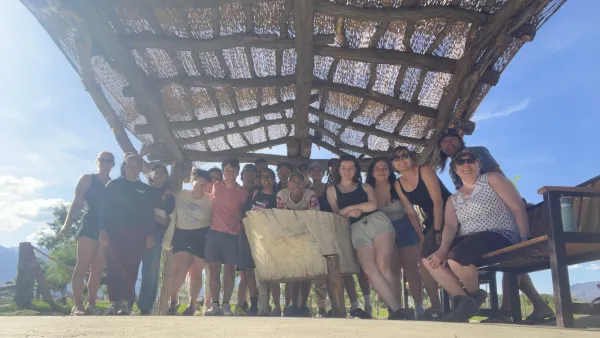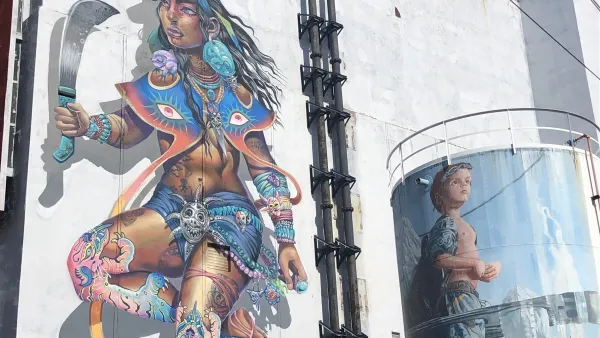How did you plan ahead to complete graduation requirements, and have time abroad?
I was pretty far along with my major and minor, but I checked my PlanIt on WebSTAC and worked out which requirements I could complete while abroad. I had my Natural Sciences and Mathematics requirements left, so I planned to take those courses abroad, and I had one more course to take for my minor so I chose to take a course abroad that could fulfill that requirement. I just made sure I spoke with my advisors and told them my ideas, and it all worked out!
Was it difficult to find classes abroad that contributed to your Major(s)?
It was a bit tough to find some courses about American Studies that I was interested in since I didn’t choose an AMCS pre-approved program. A lot of the courses abroad dealt with international relations, politics, or economics. I wasn’t really interested in these kinds of classes, but it didn’t stop me from taking courses that taught me about Ireland instead. I had completed almost all of my requirements for my AMCS major anyway, so I had that freedom to take courses that I was interested in, and it gave me an opportunity to learn about my host country more.
How did you handle the transition to a new environment?
My study abroad program was extremely helpful in my transition to Dublin. It provided so many resources to help us get used to our new environments, including our own orientation, weekend trips, and advising, and the university I attended had their own events and activities too. I also made new friends through this program, so they were a huge influence on helping me get used to it. For instance, whenever I wanted to go to the grocery store but I wasn’t comfortable going by myself yet, my friends would go with me, and a lot of my greatest times were spent with my friends. It was tough trying to cook when I didn’t really cook before (delivery is so expensive there!) and the food spoiled way quicker, so that was hard to adjust to but I got used to it. Attending classes was actually really nice because classes were either an hour or thirty minutes long, and I had more time to finish my homework and have fun on weekends. I had to get used to taking exams again since all I had been doing was writing final essays at WashU, but I got tutoring help. When I didn’t know how to access certain resources, I would talk to my advisor and she would point me in the right direction. I would say my transition was pretty smooth.
How did your studies abroad contribute to the knowledge base and skills you are developing in AMCS? Can you give an example of subject matter learned, a skill honed, or a disciplinary perspective or tool you gain?
I took an archaeology course abroad where I traveled across Ireland and saw different archaeological artifacts and sites, and I wrote about my experiences as well as kind of a cultural history about each artifact. It helped me be closer to the subjects I wrote about by being at the sites; I usually write about different historical events without actually going to the sites or meeting the people who may have been affected by these events, so it brought a different perspective for me when I visited these sites that had a lot of importance to Irish culture. It felt more tangible for me.
Do you have any advice for potential study-abroad students? What do you wish you knew then (before departure) that you know now?
Choose a location that speaks to you and your needs. Don’t let the fact that you may not know another language very well or that you study American culture that you can’t go to another amazing place and learn about a whole new culture. I thought my only option was London (which is an amazing place) but I knew I would like a less cosmopolitan environment, so I thought of other English-speaking places and Ireland was a really good choice for me. Also, apply for as many scholarships as you can! Without the Benjamin A. Gilman International Scholarship, I would have had a much harder time in Ireland, so I urge people who may come from under-resourced socioeconomic backgrounds to apply to not only this one but others that they can find as well. If you have the means to go on trips outside of your host country, do it! It’s amazing, but it also takes a lot of planning if you have limited funds (hotels/hostels, food, activities, souvenirs) so just keep that in mind and plan a budget. Having trips in your host country is just as amazing; I made sure I took a class where I could see more of Ireland and participated in my program’s trips. I would also try to practice cooking if you don’t do it much and have some recipes in mind. There are some foods in America that they probably won’t have in another country, so try cooking with fresh foods instead of canned, boxed, or microwavable goods. It’ll save you from having to make PB&J sandwiches!
